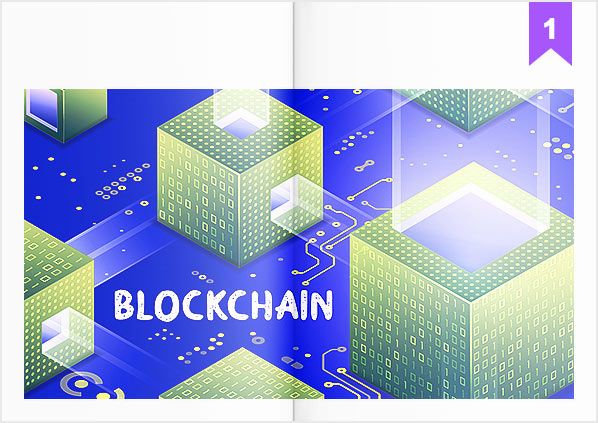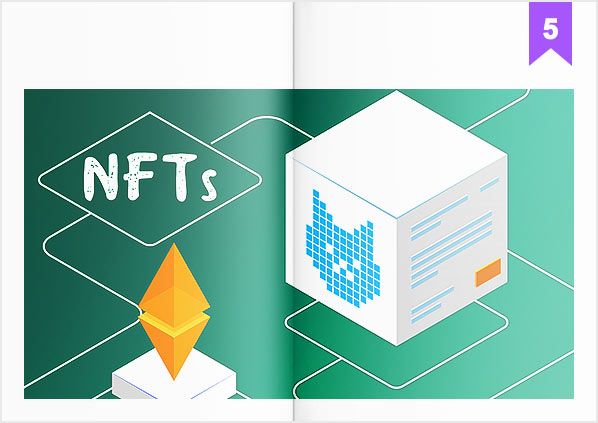What is Decentralized Network?
Let's find out Decentralized Network meaning, definition in crypto, what is Decentralized Network, and all other detailed facts.
Each one of the separate devices works as a central unit that engages with other nodes on its own. As a consequence, even if one or a few master nodes break down or get manipulated, other servers remain working and provide information access to users with zero disruption.
Recent technical advancements have provided computers and other devices with tremendous computing capacity that can be synchronized and utilized for distributed processing. In a distributed structure, every computer contains a recent replica of the information available. Rather than relying on one central server, a decentralized network divides data-processing jobs across multiple devices.
Decentralization may also assist with resource allocation control, guaranteeing that end-to-end services are supplied with more efficacy and reliability, and with a lower risk of significant failure.
Moreover, because data does not travel via a specific point but rather through a number of separate sites, a decentralized network topology provides improved anonymity to end-users, making network tracing considerably more challenging.
To specify, a blockchain is also referred to as a distributed ledger system that enables nodes to keep information and let transactions travel through it. They are required to come to an agreement about the information material for the network to operate.
These networks have several benefits, including increased system reliability, privacy, and simplicity of use. One of the most obvious benefits of decentralized network management is that there is no actual weak point since independent users' workstations do not rely on a single central server to administer all services.
Besides, they are easier to establish because new computers can be added to increase computational power.
A disadvantage, on the other hand, is these kinds of networks have high maintenance costs as a result of their complicated and multi-dimensional structure. This is why they are very difficult to develop and administer.
Decentralized networks require several computers that have to be up to date and adjusted to match the latest functionality and privacy measurements, as opposed to one main server or a bundle of servers. In addition, decentralized machines might be less effective in terms of responsiveness and energy consumption.
Because information must periodically travel through intricate channels from one system to another, it will take longer to settle. Also, since nodes operate autonomously and might not connect with one another, larger companies might have coordination issues and struggle to direct and complete collective activities.









